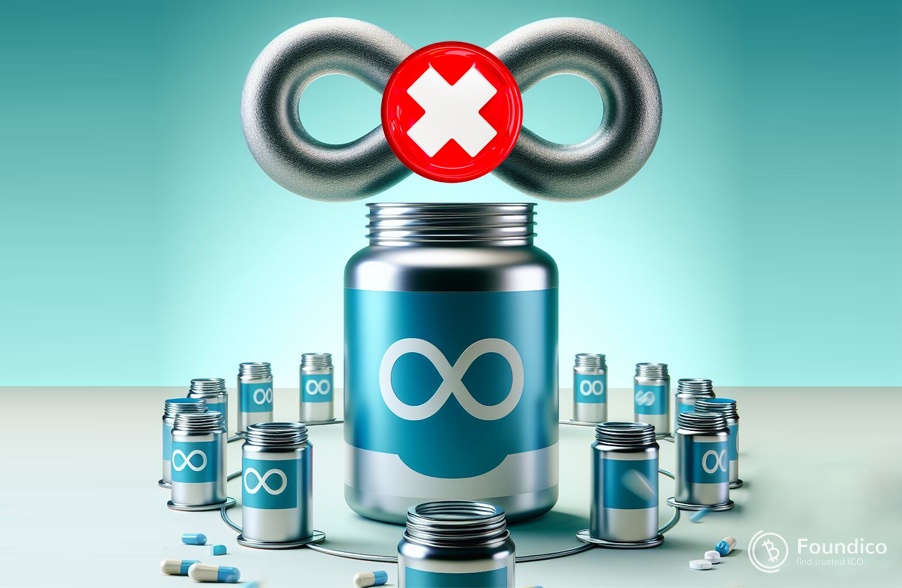Debunking the Myth: Dispelling Notions of Feasibility in Sustainable Pharmaceutical Production

In the face of mounting global environmental concerns, the pharmaceutical industry is under increasing pressure to adopt sustainable manufacturing practices. This analysis delves into the pressing environmental issues confronting the pharmaceutical sector and the advancements being made toward more sustainable production methods, shedding light on the industry's evolving role in environmental stewardship.
Environmental Impact of Pharmaceutical Production
The production of pharmaceuticals, vital for global healthcare, leaves a significant environmental footprint. Key concerns include greenhouse gas emissions, extensive water usage, and the generation of chemical waste. Balancing drug efficacy with environmentally conscious manufacturing practices poses a dual challenge to the industry.
Management of Water and Pollution Mitigation
A primary environmental concern in pharmaceutical production is the potential contamination of water systems. Residues from drugs, including active pharmaceutical ingredients (APIs), carry the potential to harm aquatic ecosystems and pose risks to human health. Progressive companies are focusing on reducing water consumption and improving wastewater treatment processes to address this issue.
Energy Efficiency: Paving the Way to Sustainability
Energy consumption in pharmaceutical manufacturing is substantial due to the complexity of production processes. There is a growing trend toward implementing energy-efficient practices, such as the integration of renewable energy sources and optimizing manufacturing operations, to minimize the industry's carbon footprint.
Embracing Sustainable Chemistry in Drug Manufacturing
Sustainable chemistry is increasingly recognized as a pivotal component of sustainable pharmaceutical manufacturing. This approach involves designing manufacturing processes that are environmentally friendly, reducing the use of hazardous materials, and minimizing waste production. Adopting sustainable chemistry principles represents a significant step toward lessening the environmental impact of drug production.
Waste Minimization and Adoption of Circular Economy Principles
Minimizing waste generation is a key goal in sustainable pharmaceutical manufacturing. Companies are exploring innovative strategies for waste reduction, recycling, and reuse, aligning with the principles of a circular economy. This approach emphasizes the efficient use of resources and their maximization throughout their lifecycle.
Collaborative Endeavors for Sustainable Practices
Achieving sustainability in pharmaceutical manufacturing requires collective action and collaboration. Partnerships among industry players, regulatory bodies, and environmental organizations are essential in developing sustainable practices and technologies.
Moving Beyond Mere Compliance: Voluntary Environmental Leadership
While regulatory compliance is fundamental, many pharmaceutical companies are voluntarily embracing broader environmental leadership. These initiatives exemplify a dedication to sustainability that surpasses legal requirements, reflecting an escalating awareness of the industry's responsibility toward environmental preservation.
The journey toward sustainable pharmaceutical manufacturing is both an environmental obligation and a strategic imperative. By embracing more environmentally friendly practices, the pharmaceutical industry can significantly reduce its ecological impact, fulfill regulatory obligations, and meet the growing demand for environmentally responsible healthcare solutions. As the industry progresses, its commitment to sustainability will play a pivotal role in shaping its future, carrying far-reaching implications for the environment and global health.
Authored by Dr. Pooyan Ghamari, Esteemed Swiss Economist and Visionary

 BitcoinHyper - Bitcoin Hyper finally unlocks fast and cheap Bitcoin transactions by delivering the first ever Bitcoin Layer 2 blockchain.
BitcoinHyper - Bitcoin Hyper finally unlocks fast and cheap Bitcoin transactions by delivering the first ever Bitcoin Layer 2 blockchain.


